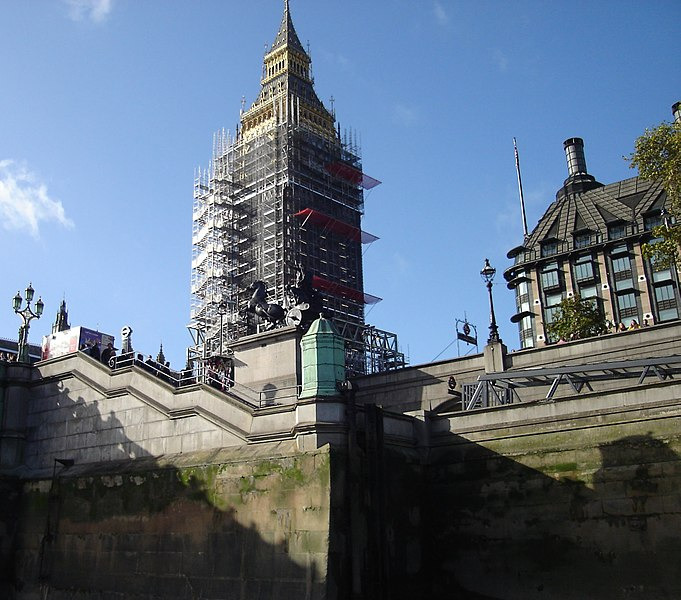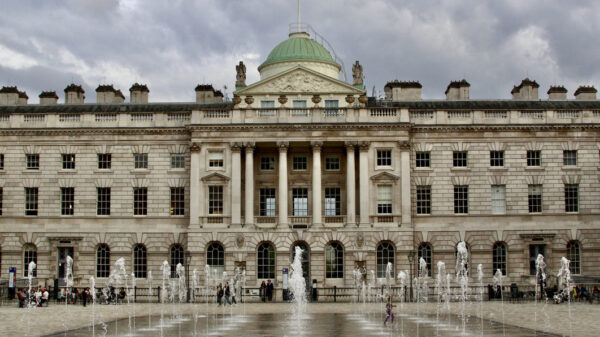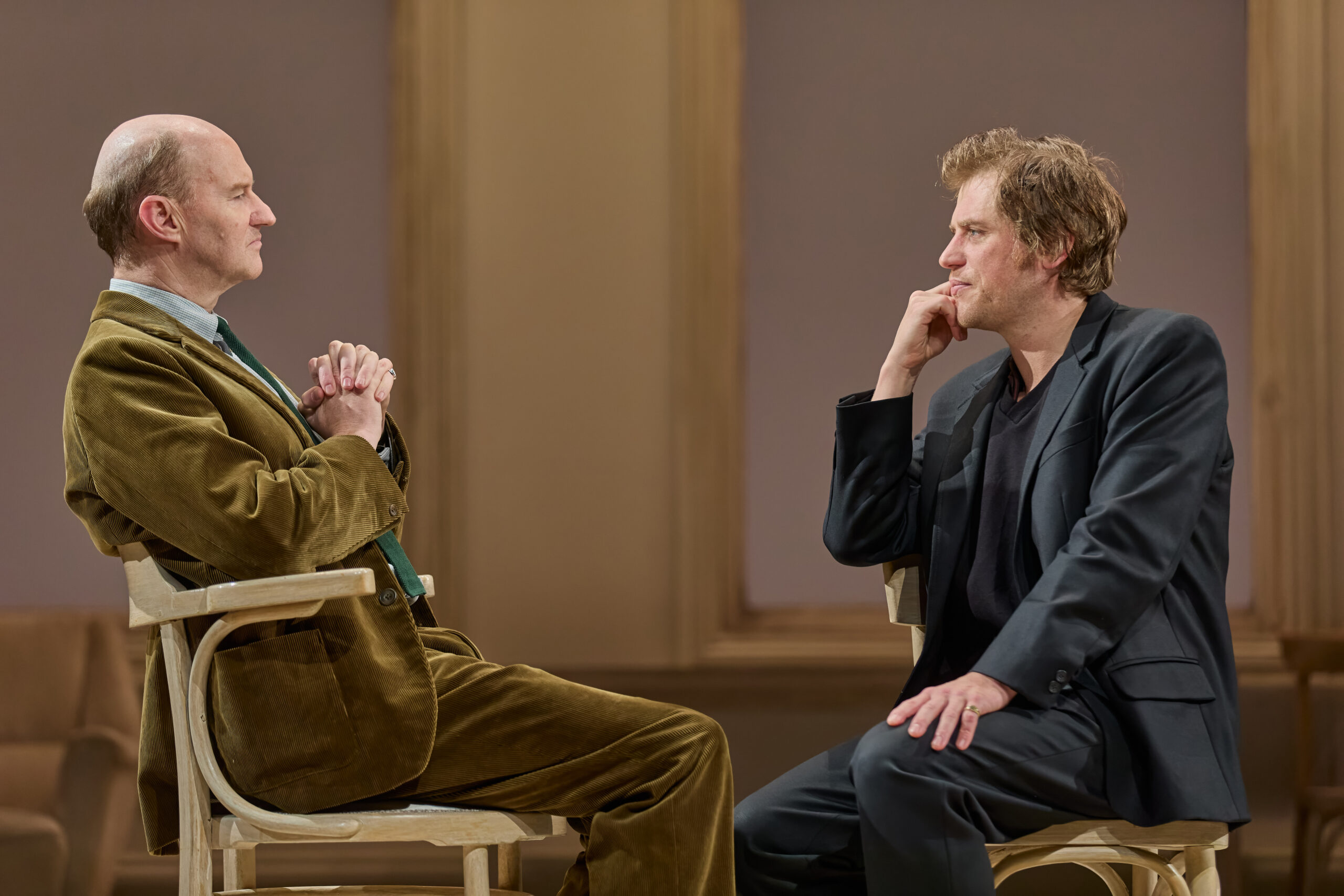King’s writer Rory Orwell claims the only good thing to come out of Brexit could be a renewed UK constitution.
For the past couple of years, as Westminster’s great Victorian estate undergoes a £4 billion restoration, Big Ben has been covered in unsightly, jarring scaffolding – a sight which I have become accustomed to from over here at the Strand. This might be interpreted as hopeful metaphor about Brexit, an unprecedented constitutional crisis which is already exposing the weaknesses and flaws of democracy in the UK.Â
The EU offers a hugely beneficial customs union, and is an important and impactful forum for international diplomacy and cooperation. But since the 1990s, as the EU became wider and deeper, the UK’s membership of it became the target for mainly English populism and nationalism. Arguments that EU membership dilutes national sovereignty and diminishes democracy were always tenuous. And so removing ourselves from the EU remains irrational. But attempting to ‘Brexit’ does force UK politics to adapt and improve.Â
And that is the great Brexit paradox. Our debate about EU membership seems to be a proxy and an excuse for a deeper, wider, and more significant debate about what the UK’s ‘uncodified constitution’ is and how it works – or indeed, doesn’t.Â
Well, only history will tell. Earlier this year I caught up with my old history teacher, who compared today’s divisions over Europe to the 1840s, when parliament and the Conservatives Party were ideologically divided over the ‘Corn Laws’, namely long-standing tariffs which kept food prices higher. A disastrous famine in Ireland – a permanent blight on Anglo-Irish relations -Â forced Prime Minister Peel to seek a cross-party solution to repeal the Corn Laws and encourage free trade. Meanwhile in the late 2010s, the now invisible ‘border’ on the island of Ireland has again become a quagmire due to Brexit. This will likely lead to a referendum in Northern Ireland – which has regrettably been without a sitting assembly since January 2017 – on whether to be more aligned with Britain or the Republic of Ireland.Â
Brexit has proved to be incredibly divisive
In 2016, the populist and radical arguments of ‘Eurosceptics’ triumphed, as the majority in the UK voted to leave the European Union and ‘take back control’. Yet since late 2018 the UK Parliament has refused to approve a deal with the EU four times. This epitomises the emotive polarisation which plagues today’s politics. Most MPs would rather delay a Brexit deal in order to fight for their own ideal – whether remaining in the EU, or even leaving without a deal. Meanwhile, the minority of MPs who support this imperfect compromise are more exasperated than inspired, hence the slogan ‘get Brexit done’. Â
‘Oh, not another one’
The next general election will be crucial. I speculate that if it takes place in next couple of months, the Conservative Party will win a majority of the seats in parliament. Yet a Tory victory could still happen if pro-EU, ‘Remain’ parties – including ambiguous Labour – win a majority of total votes across the country. This likely scenario would, more than ever before, expose the ‘first past the post’ electoral system for what it is: inherently disproportionate and thus fundamentally unfair.
Back in 2011, UK voters rejected a more proportionate electoral system, opting to continue with the status quo. Well, a ‘second referendum’ on this issue in around 2021 would surely overturn the status quo. Moreover, in 2014 Scotland voted to remain in the UK. Then in the 2016 Brexit referendum, the majority of Scots (and the Northern Irish) voted to remain in the EU. In the next decade, something has got to give, and it may well be the so-called ‘United’ Kingdom. If politics has taught us anything over the past few years, it is that we ought not to take anything for granted.
Meanwhile, that iconic clock has ticked towards the quixotic Brexit ‘deadline’ of 31 October, which has recently become impossible. Unlike deadlines for our dissertations and essays, the current government will not be able to apply for mitigating circumstances. And afterwards, there can be no celebration nor relaxation, as then, the real work will have to begin. Despite the toxic rhetoric, there is cautious cause for optimism. Fundamental democratic reform seems to be the distant silver lining of this nebulous Brexit cloud.Â

















